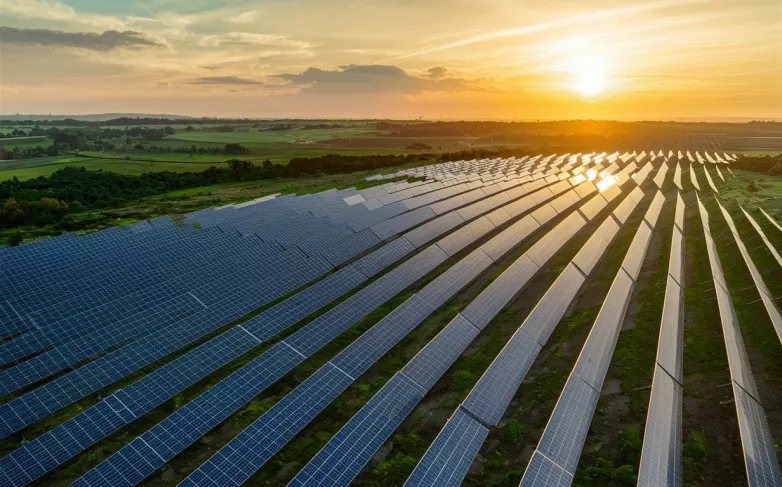EBRD Considers Loan for Scatec's Egyptian Solar Project
Nov 11, 2024 04:21 PM ET
- EBRD eyes $120M loan for Scatec's 1-GW solar project in Egypt, paving the way for renewable energy and storage advancements. Decision expected by December 11!

The European Bank for Reconstruction and Development (EBRD) is considering a loan of up to $120 million to support Scatec ASA's 1-GW solar and storage project in Egypt. The loan is currently in the "concept reviewed" stage, with a decision expected by December 11.
Located in Nagaa Hammadi, the project will feature a 200-MWh battery energy storage system (BESS) and already has a power purchase agreement with the Egyptian Electricity Transmission Company. This initiative marks a significant step towards utility-scale battery integration in Egypt, potentially facilitating further renewable energy projects with storage capabilities in the country.
What are the implications of EBRD's loan for Egypt's solar and storage projects?
- Economic Growth Acceleration: EBRD's financial support may catalyze economic growth in Egypt by creating jobs during both the construction and operational phases of the solar and storage project. This could contribute to local economies and enhance the workforce's skillsets in renewable energy technologies.
- Energy Security Enhancement: The introduction of a 200-MWh battery energy storage system (BESS) alongside solar power can enhance energy security in Egypt. By providing a reliable source of energy storage, it can help manage supply and demand fluctuations, reducing the risks of power shortages.
- Climate Change Mitigation: The project aligns with global efforts to combat climate change by promoting clean energy sources. By increasing solar generation capacity and integrating storage solutions, Egypt can reduce its reliance on fossil fuels and lower greenhouse gas emissions.
- Attracting Foreign Investment: EBRD's involvement signals confidence in Egypt's renewable energy market, potentially attracting additional foreign investment. This could lead to more projects, partnerships, and technologies entering the Egyptian market.
- Innovation and Technology Transfer: With significant backing from an international financial institution like EBRD, Egypt may see technology transfer from advanced markets. This can foster innovation within the domestic renewable energy sector, improving overall efficiency and effectiveness.
- Encouragement of Policy Reforms: The loan can act as a catalyst for Egypt’s government to implement further regulatory reforms and policies that support renewable energy and storage projects, thus creating a more favorable investment landscape.
- Improved Grid Infrastructure: The integration of large-scale solar and storage projects necessitates upgrades to existing grid infrastructure. This could lead to enhancements in grid stability and resilience, making the energy system more robust.
- Support for Local Content Initiatives: EBRD’s financing may encourage Scatec ASA to engage in local sourcing of materials and labor, promoting local businesses and creating more economic activity within Egypt.
- Potential for Replication: Success in this 1-GW solar and storage project could serve as a model for similar initiatives across Egypt and the broader MENA region, scaling up renewable energy adoption and integrating storage solutions in other projects.
- Aligning with National Energy Goals: The project could contribute significantly to Egypt's Vision 2030 goals, which emphasize sustainable development through increased investment in renewable energy sources and achieving an energy mix that supports economic and environmental sustainability.
Also read

